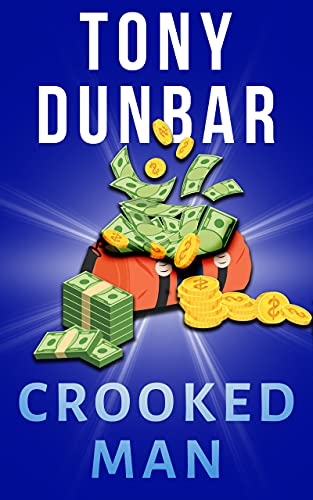
I’ve been reviewing – rather sourly – a collection of Tony Dunbar’s Tubby Dubonnet novels which I got in a free deal. I’m not in love with the books, but I got them for nothing and I don’t hate them, so I’ve been reviewing as I read along. I’m not sure it’s entirely fair of me to repeatedly criticize books I don’t like a lot, rather than just leaving them alone, but such are the terms of my life at present.
It should be noted that one book is missing from this collection, a story about Tubby during Hurricane Katrina, which is not included due to publisher issues. The next in order is Night Watchman. I liked this one even less than the previous ones, for political and world-view reasons.
As Night Watchman begins, Tubby Dubonnet, moderately lazy New Orleans attorney, is in Naples, Florida with his new girlfriend, who’s beginning to hint that Tubby should relocate there for a more permanent relationship. In a fit of intimacy-aversion he flees back home. As he journeys, he recollects when he first moved to the city as a college student. He fell in with a group of hippies and was present at an anti-Vietnam War rally where he watched a young man he barely knew get shot to death by a drive-by shooter. He wonders who the victim was, and whether the killer was ever punished.
When he arrives back home and starts making inquiries with the police, he’s surprised to encounter not only the blue wall of silence, but threats from the Cuban refugee community. It will all lead to betrayal by a friend, his own abduction and torture, and to the kind of anticlimactic resolution that is so characteristic of these books.
The writing was good, the characters were fine, as usual. And as usual, I don’t get the Big Easy vibe. But particularly in this book, I didn’t like the politics. The big villains here are anti-Castro Cubans, the kind who are on the wrong side of history, don’t recognize the glorious benefits Communism has brought to their island, and still bear grudges about seized property. The prison camps, tortures, mass executions and loss of civil liberties aren’t deemed worthy of mention. There’s even a hint of that hoary old conspiracy theory that anti-Castro Cubans were responsibility for the murder of JFK.
As you’ve probably guessed already, that’s not how I remember the period, and it’s not how I view Communist Cuba.
Otherwise, Night Watchman was all right.






